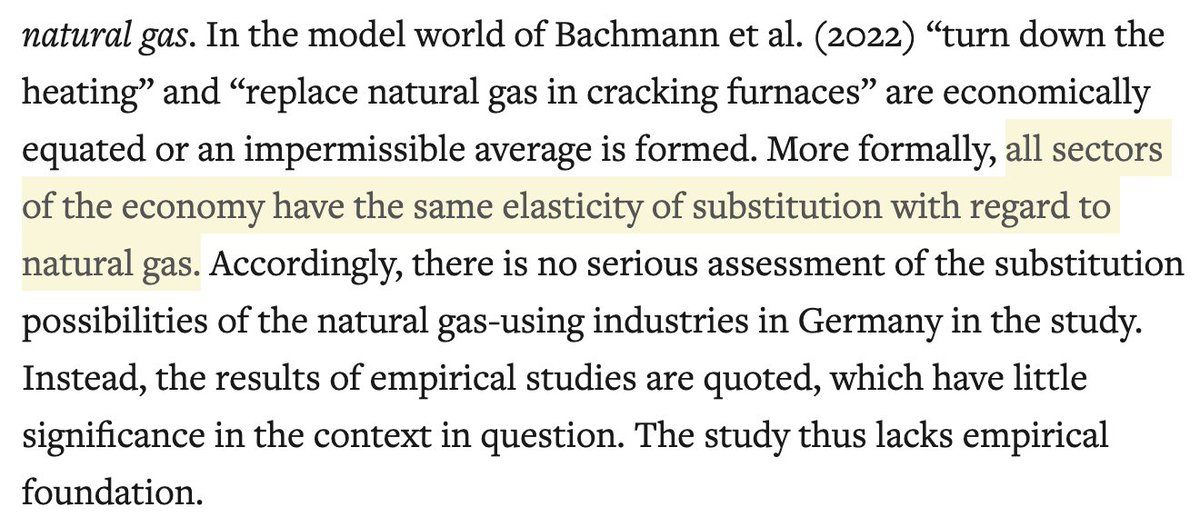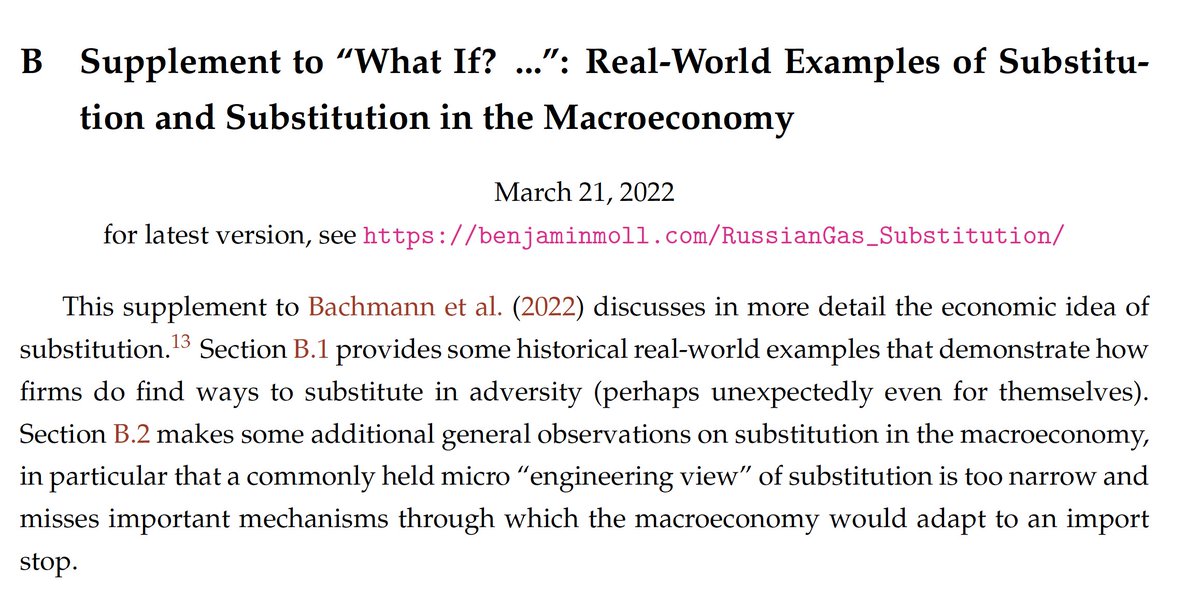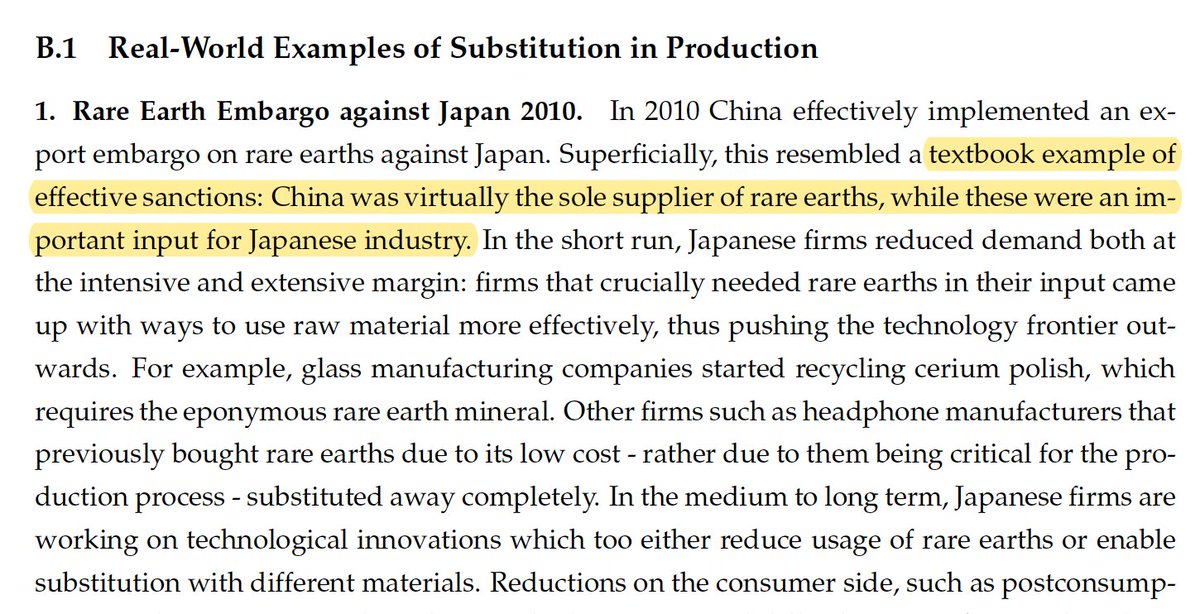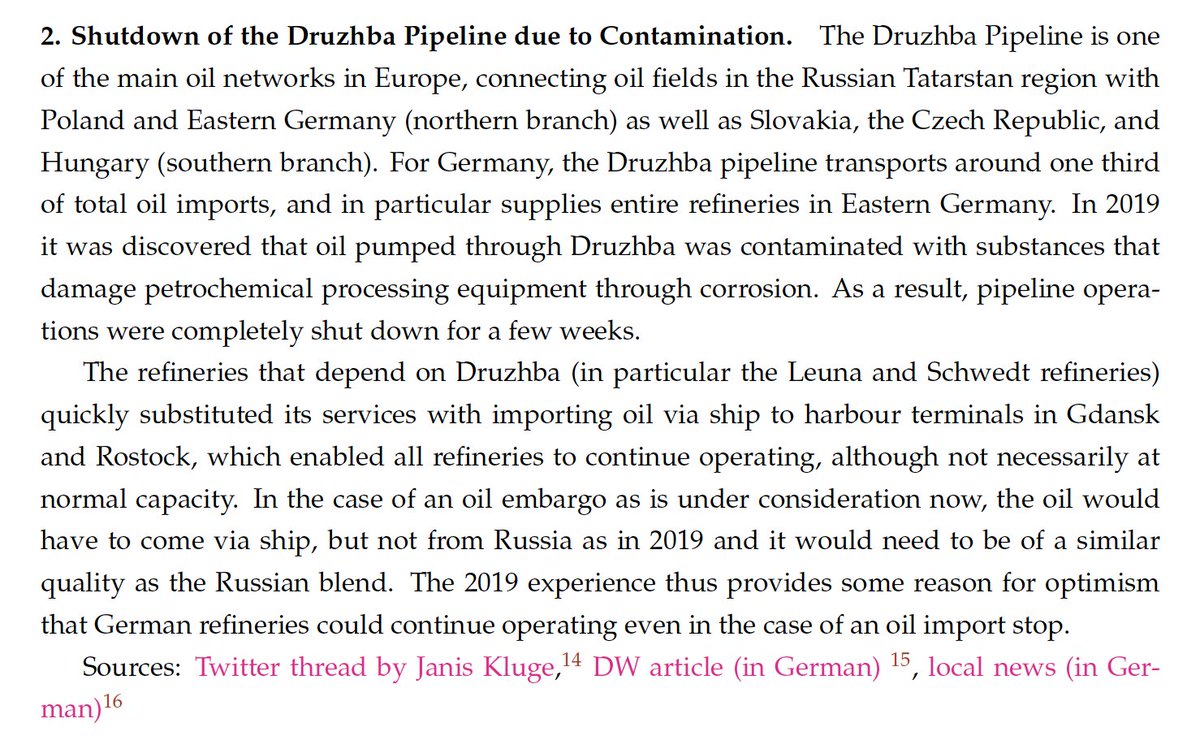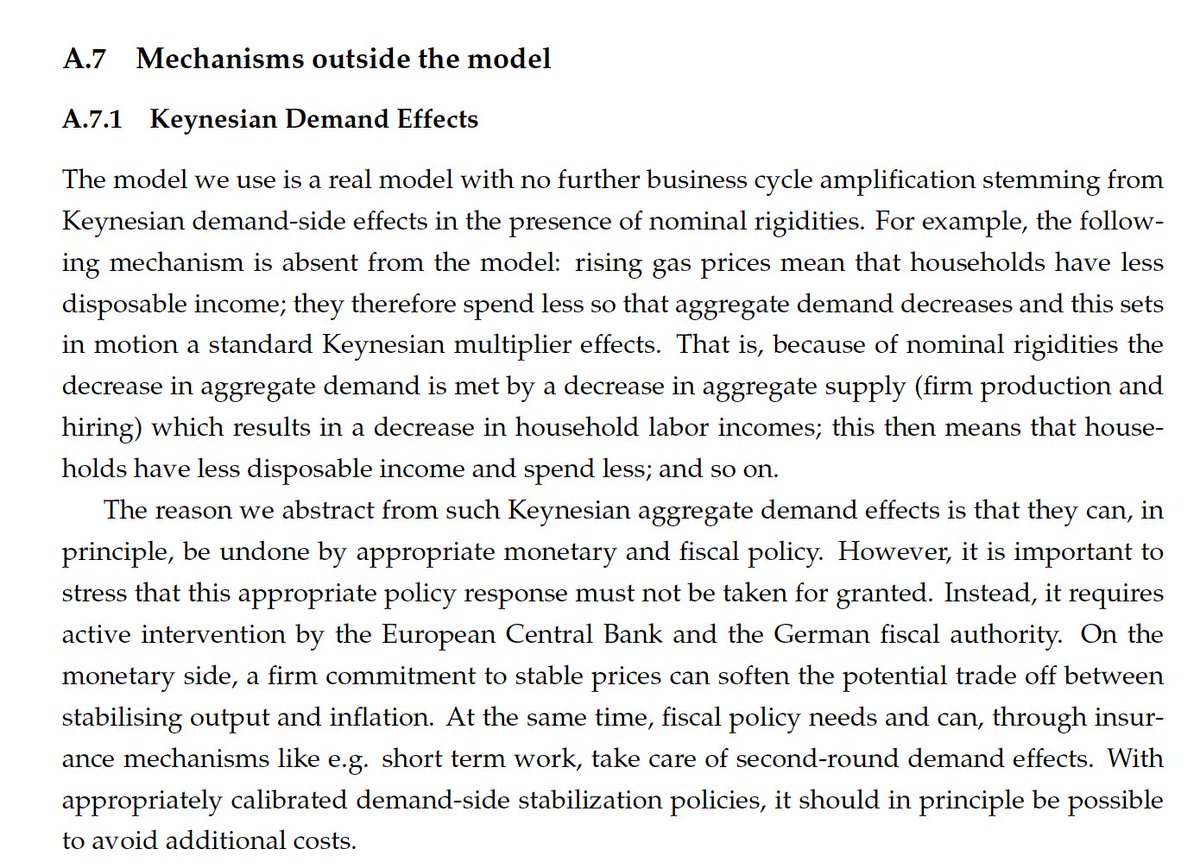
Selbst Teile der deutschen Industrie-Lobby denken dass ein #Ölembargo in 6 bis 8 Monaten zu langsam ist!
"Ölembargo ist richtig, muss aber schneller kommen" sagt der Maschinenbau-Verband @VDMAonline
vdma.org/viewer/-/v2art…
"Ölembargo ist richtig, muss aber schneller kommen" sagt der Maschinenbau-Verband @VDMAonline
vdma.org/viewer/-/v2art…
"[Ein Ölembargo] ist überfällig und nötig. [...] Die geplante schrittweise Einführung bis zum Jahresende ist aber nicht ambitioniert genug. Wenn man die Einnahmequellen für Putins Kriegsmaschinerie effektiv treffen will, muss das Embargo wesentlich schneller greifen."
"Obwohl das Ölembargo auch den Maschinen- und Anlagenbau indirekt weiter belasten wird, sieht der VDMA angesichts des aggressiven und menschenverachtenden Verhaltens Russlands in der Ukraine keine Alternative zu einer weiteren Verschärfung der Sanktionen."
Und Respekt an den @VDMAonline für die klaren Worte und die eindeutige Position!
• • •
Missing some Tweet in this thread? You can try to
force a refresh




